Woman lighting dia – Deepavali
Deepavali, the festival of lights, is one of the most widely celebrated festivals in India and among the Indian community worldwide. It holds immense religious and cultural significance, marking the triumph of light over darkness and good over evil. Deepavali is celebrated with great enthusiasm and fervour and brings people from different backgrounds together to share in the joy and festivities.
Religious Significance:
At its core, Deepavali is a festival with multiple religious significances:
The Victory of Good over Evil: Deepavali commemorates the victory of Lord Rama over the demon king Ravana, as narrated in the epic Ramayana. Rama’s return to Ayodhya after 14 years of exile and his triumph over Ravana is celebrated by lighting lamps and fireworks, symbolizing the defeat of darkness and evil forces.
Lakshmi: Deepavali is also dedicated to Goddess Lakshmi, the Goddess of wealth and prosperity. Devotees pray to her for blessings and wealth. It is believed that she visits homes during Deepavali, so people clean and decorate their homes to welcome her.
Shri Krishna: Narakasura, a powerful and tyrannical had imprisoned thousands of women. Lord Krishna, along with his consort Satyabhama, battled Narakasura, defeated him and freed the women. This victory is celebrated on the day preceding Deepavali, known as Naraka Chaturdashi or Choti Diwali. The legend of Lord Krishna’s battle with Narakasura also emphasizes the role of Satyabhama. She played a crucial role in assisting Krishna in defeating the demon. Deepavali marks the day when Lord Krishna defeated the demon Narakasura, again symbolizing the victory of good over evil.
Jainism: For Jains, Deepavali holds significance as it marks the anniversary of Lord Mahavira’s attainment of nirvana (enlightenment). It is a time for reflection and spiritual renewal.
Sikhism: In Sikhism, Deepavali is celebrated to commemorate the release of Guru Hargobind Ji from imprisonment along with 52 other kings. Sikhs light lamps in the Golden Temple, Amritsar, and offer prayers.
Cultural Significance:
Deepavali is not only a religious festival but also an integral part of Indian culture. Its cultural significance goes beyond religious boundaries:
Festival of Lights: The name “Deepavali” itself means “row of lamps.” Houses and public places are adorned with oil lamps, candles, and decorative lights. This tradition symbolizes the dispelling of darkness and the ushering in of light and knowledge.
Family and Togetherness: Deepavali is a time when families come together. People exchange gifts, sweets, and greetings, reinforcing the bonds of love and unity.
Decorations: Homes are cleaned and decorated with colourful rangoli (patterns made with coloured powders), flowers, and traditional artwork. The idea is to make the surroundings as welcoming and festive as possible.
New Beginnings: Deepavali is considered an auspicious time to start new ventures, buy gold or silver, and settle financial debts. Many businesses start their financial year on this day.
Culinary Delights: Special dishes and sweets are prepared, and families gather for a grand feast. Traditional sweets like ladoos, jalebis, and barfis are exchanged and enjoyed.
Fireworks: Fireworks are a spectacular part of Deepavali celebrations. They symbolize the victory of light over darkness and are a source of joy and excitement for people of all ages.
In conclusion, Deepavali holds immense religious and cultural significance in India and for Hindus, Jains, and Sikhs worldwide. It celebrates the victory of good over evil, the importance of light, and the bonds of family and community. It is a time of reflection, renewal, and spreading joy and positivity, making it a cherished festival in the rich tapestry of Indian culture.

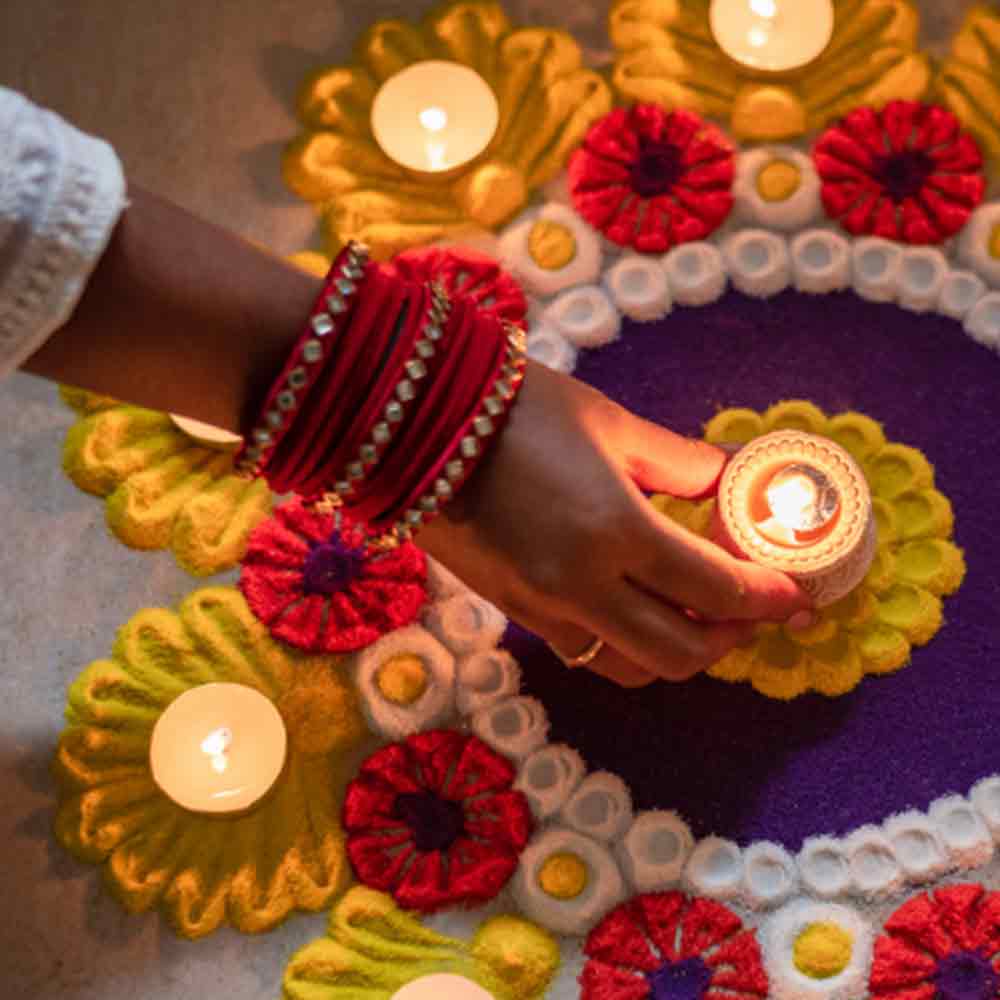
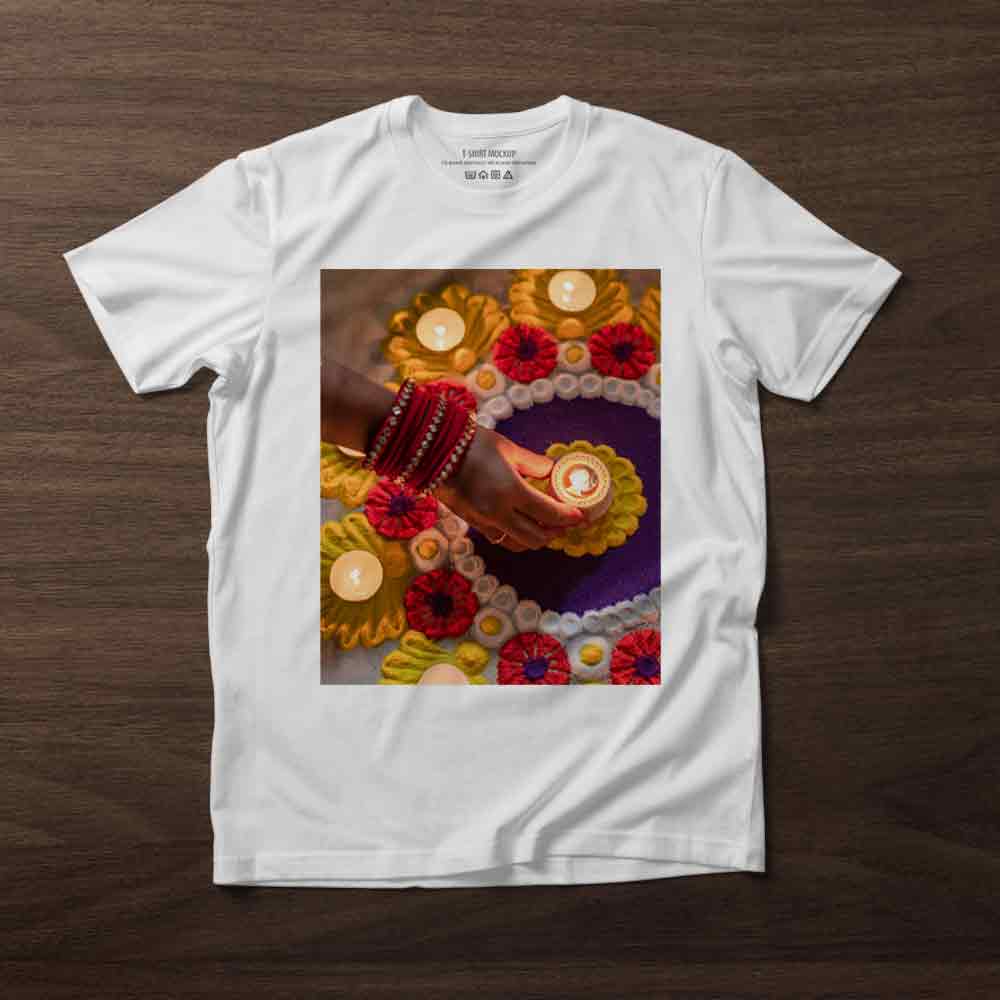
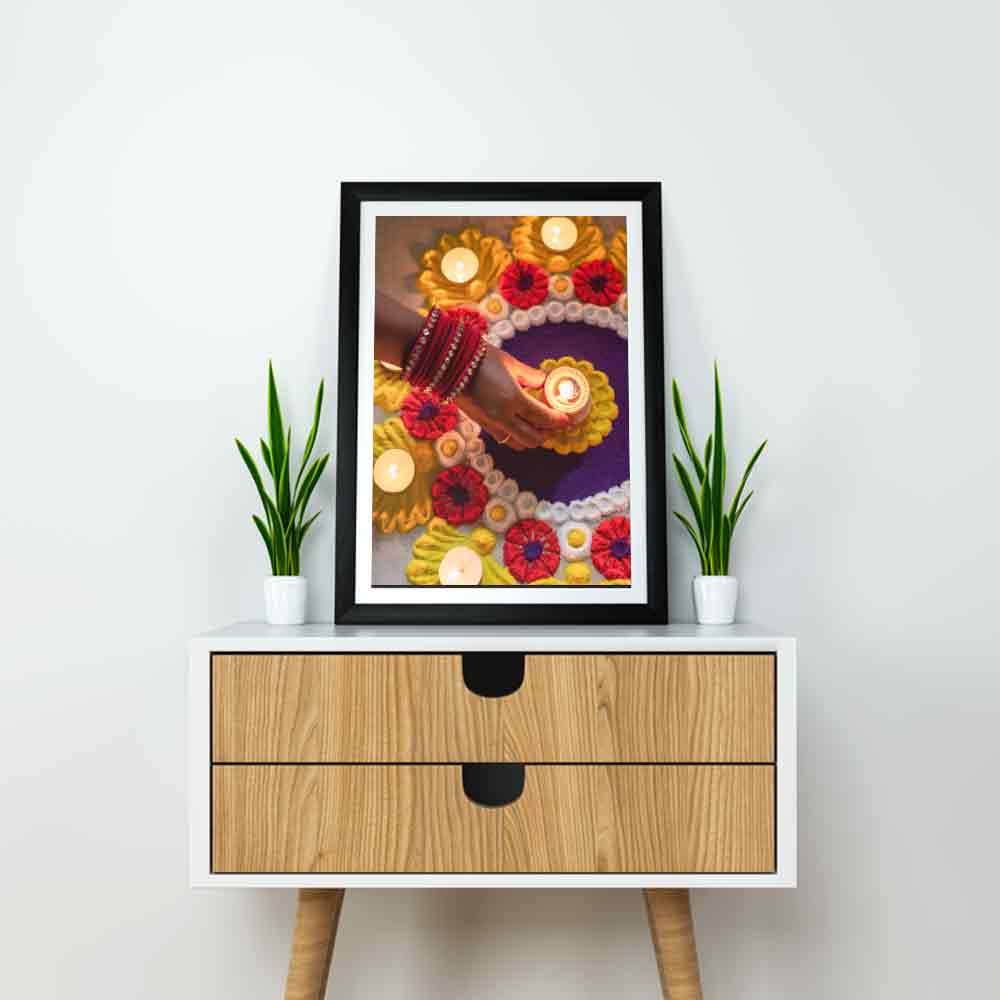
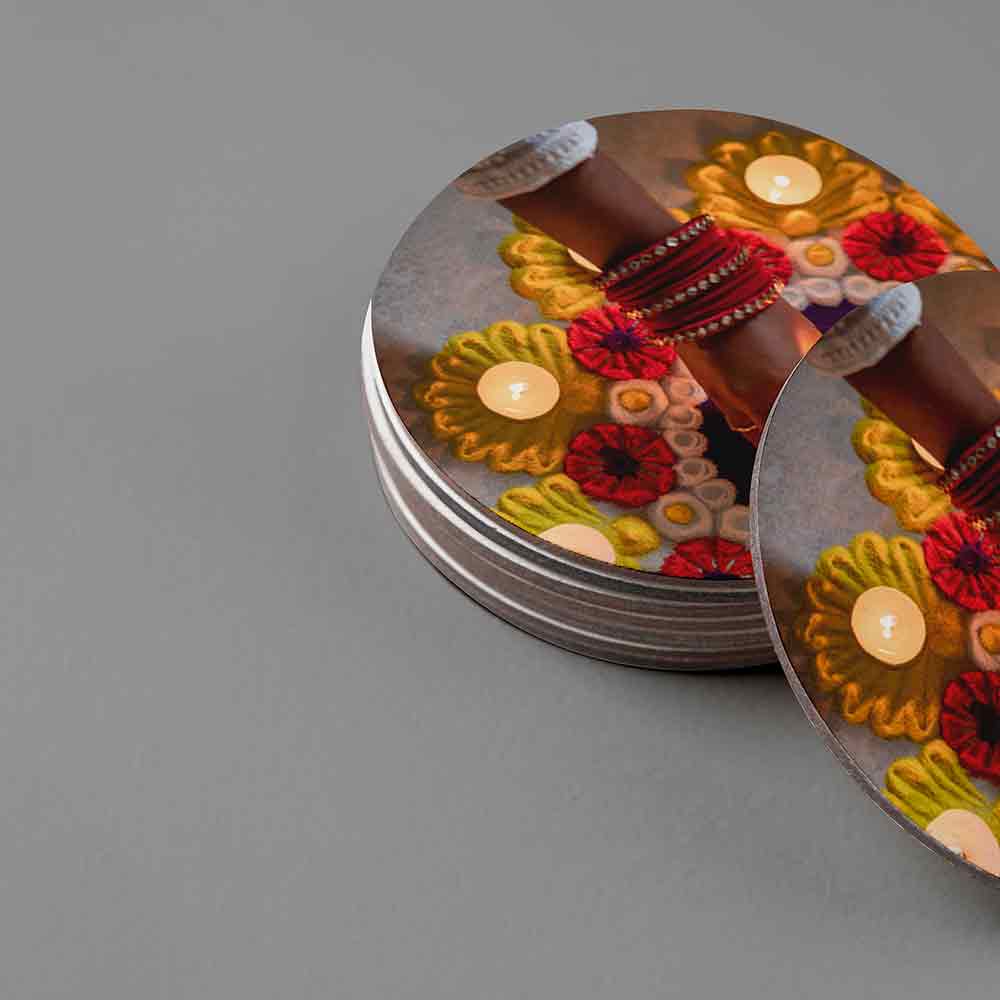
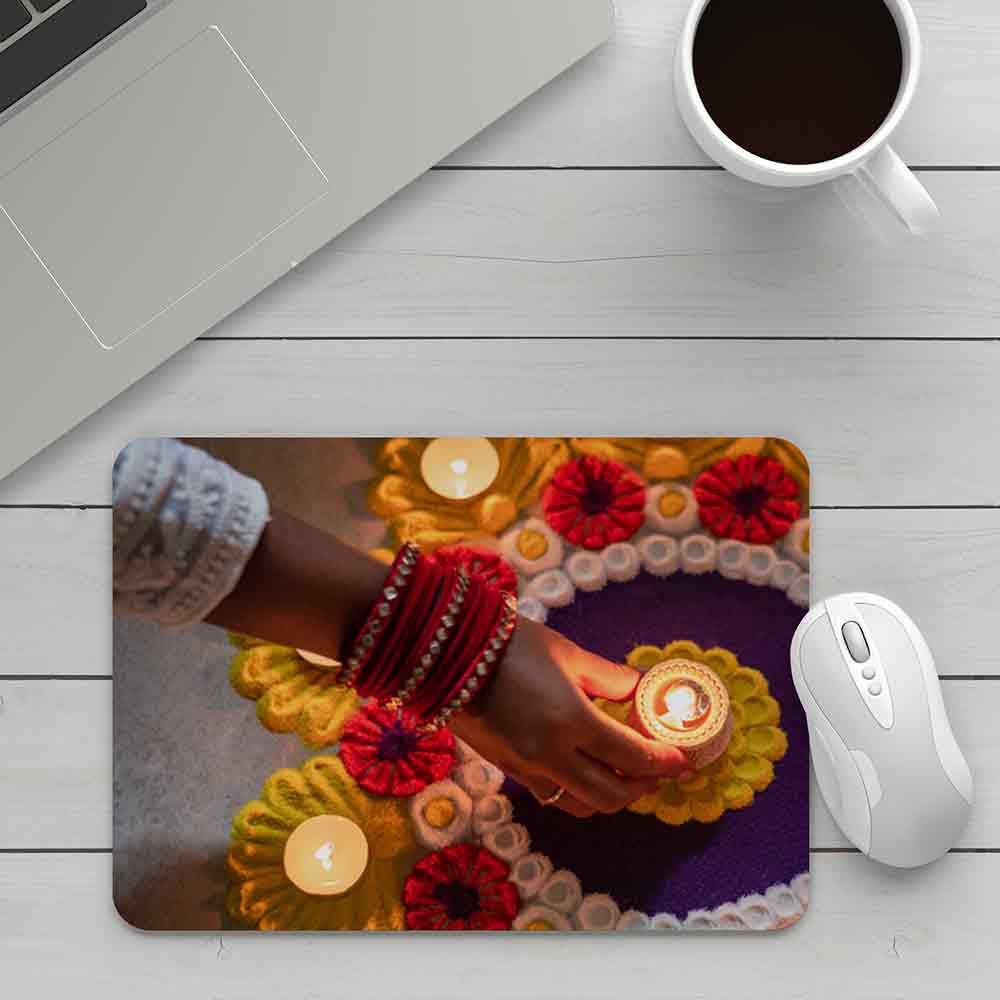
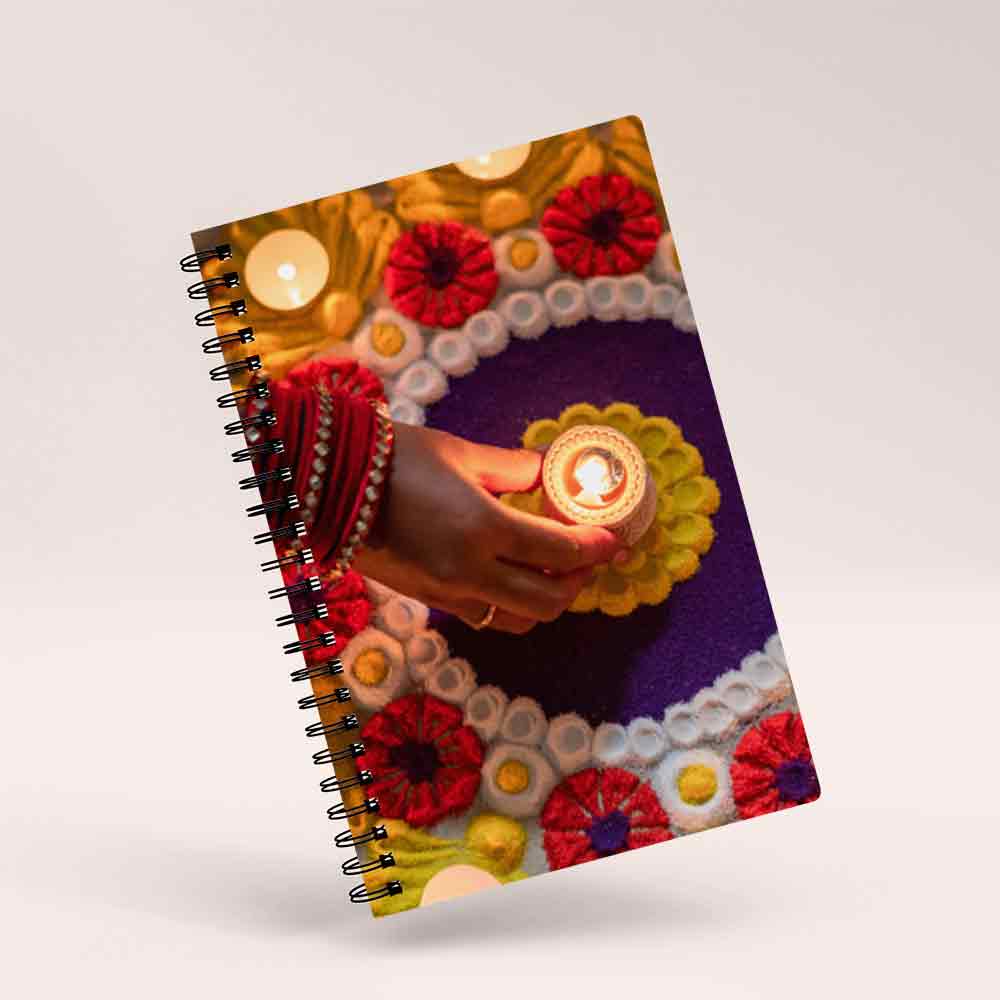
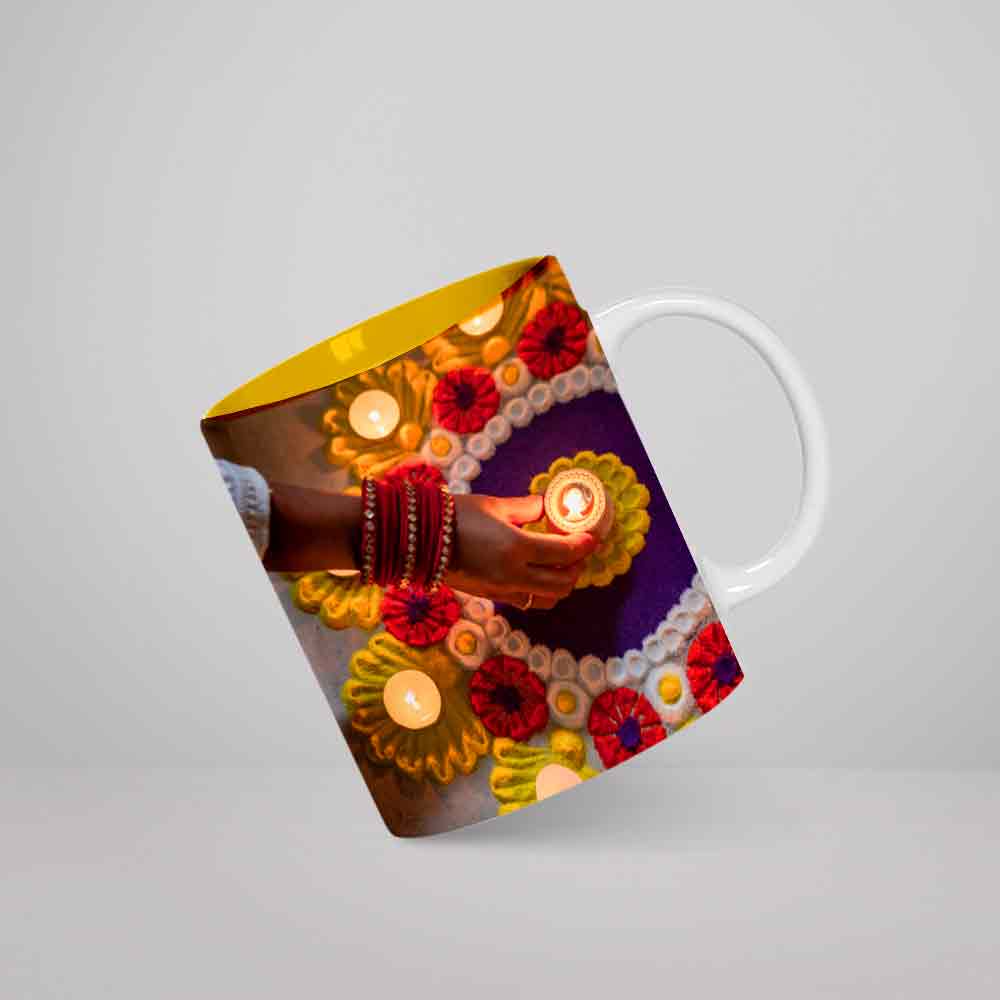

















There are no reviews yet.